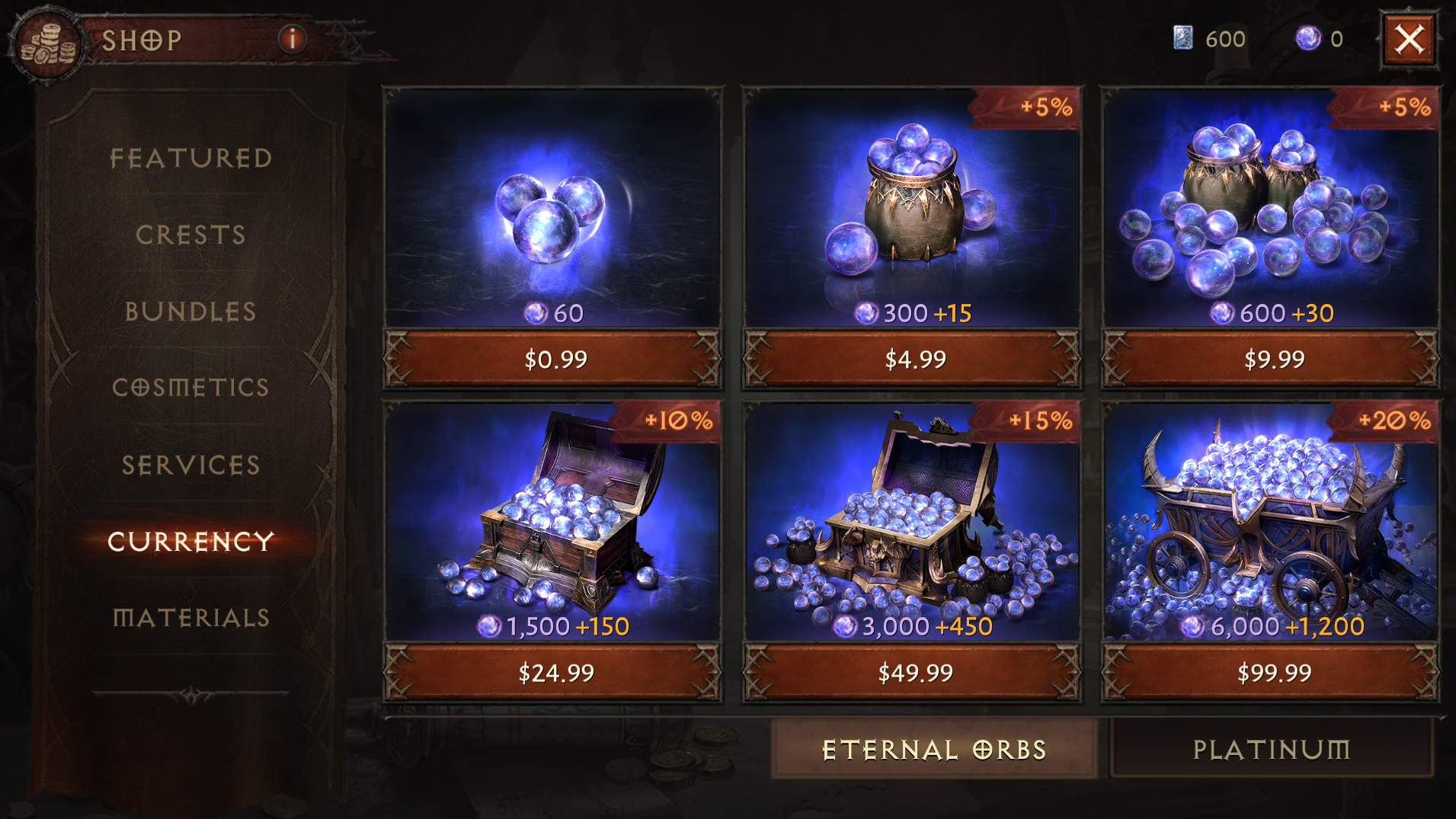The year is 2017. Electronic Arts, the standard bearer for awful video game publishers, has just released the highly anticipated Star Wars Battlefront II, and people were pissed. Specifically, fans of the Battlefront series were horrified at the microtransactions present in the newest game (for the uninitiated, microtransactions are an element of a game that allows players to pay real money in exchange for making further progress in the game). Microtransactions encourage the worst behaviors in video games, to the point where "using Mommy's Visa" became a joke for how worse players would just outspend better ones until they gained and advantage. It's also an option widely loathed by the video game community, and EA was forced to roll back their microtransaction program, teaching everyone a valuable lesson of what gamers will, or should be expected to put up with.
Or so I thought. Here we are, five years later, and another publisher has just released a new installment of a beloved series that has caused much outrage over the predatory method of monetization in play. On Thursday, Activision Blizzard—if EA is the most hated publisher, Activision Blizzard isn't far behind—released Diablo Immortal, a mobile version of its long-running and addictive action role-playing game (ARPG) series.
The game had been ridiculed from its announcement for being a mobile game, so much so that late on in the development process, Blizzard announced a port to computer, allowing people who simply do not want to play an action game on their phone to get in on the "fun." I put quotations around "fun" because it has become pretty clear, pretty quickly, that the game has launched with a horrifying commitment to microtransactions.
Using real money, players are allowed to buy immense amounts of player power, shooting up past those filthy casuals who simply want to play a game without forking over thousands of dollars in order to have fun. That is not an exaggeration, and it gets at the problem at the heart of Diablo Immortal: Since the game's microtransaction system was announced, fans of the series began doing the math around its many systems, and the general consensus is that players who truly want to maximize their characters could end up spending tens of thousands of dollars.
Surely, that is an extreme example, but the problem with Diablo Immortal is that spending money isn't really optional if you want to experience all the game has to offer, particularly the end-game content that has kept Diablo 3 alive for over a decade after its own rocky, real money-plagued launch. In order to do the highest level raids and player-versus-player combat, players need to increase their character's gear to obscene levels, and these achievements can't be gained through casual engagement. Like most mobile games, Diablo Immortal encourages time-gating improvements to get people to either play every day for a long time, or spend money.
Of course Blizzard needs to make money off Diablo Immortal, and a game that cost millions of dollars to develop should cost something to play. But that's the basis for the trick that these ostensibly free-to-play games want to pull. Instead charging $10 to download and play a relatively thin game, they hook people by making it free and then hope that enough players will end up spending gobs of money on microtransactions to put the game's revenue in the black.
The microtransactions in Diablo Immortal restrict more progress and content than I have seen in similar marquee games. I will eventually run into a progression wall, at which point I will need to spend a lot of money to keep leveling up my character to access the most exciting parts of the game. If I try to battle other players in the game's PvP combat, I will get rolled by someone who spent a lot more money than I would ever plan to. That's not really that player's fault, in theory: If they have the disposable income and really love the game, then why wouldn't they spend money to enjoy it even more?
In practice, though, these types of systems are predatory. The developers bank on "whales," or people who spend enough money to bankroll all of the players who don't spend a dollar, and those people are usually extreme fans of whatever game is in play. It's not that dissimilar to how the gambling industry operates, so much that Diablo Immortal is not launching in Belgium and the Netherlands, because those countries have banned "loot boxes," or the use of real money for in-game items like this. Blizzard has chalked up the non-launch in those countries to the "current operation environment."
Setting Diablo Immortal's use of microtransactions even further past the exploitative markers that other developers have already set is the fact that Blizzard is extremely good at what they do, which is create RPG games perfectly tuned to activate players' addictive impulses. Gamers of a certain generation can all speak at length about the hours and hours they once spent grinding for loot in Diablo II, and Diablo Immortal's hooks are just as sharp. The combat is an interesting take on the Diablo series, and it is fun to play on both PC and my phone. The graphics, especially on a phone, are among the best I've ever seen for a game of its type, and it has a fully realized world and story that have me interested to see what's next. I will likely finish the main storyline and reach level 60 at some point, but the feeling of wanting to keep playing in order to experience everything Diablo Immortal has to offer has been dulled in advance by the monetary requirements for getting there.
What could have been a great experience while the long wait for Diablo 4 continues has instead turned into the worst example yet of the video game industry's mad dash for players' wallets, with no consideration for the human beings holding the credit cards.






